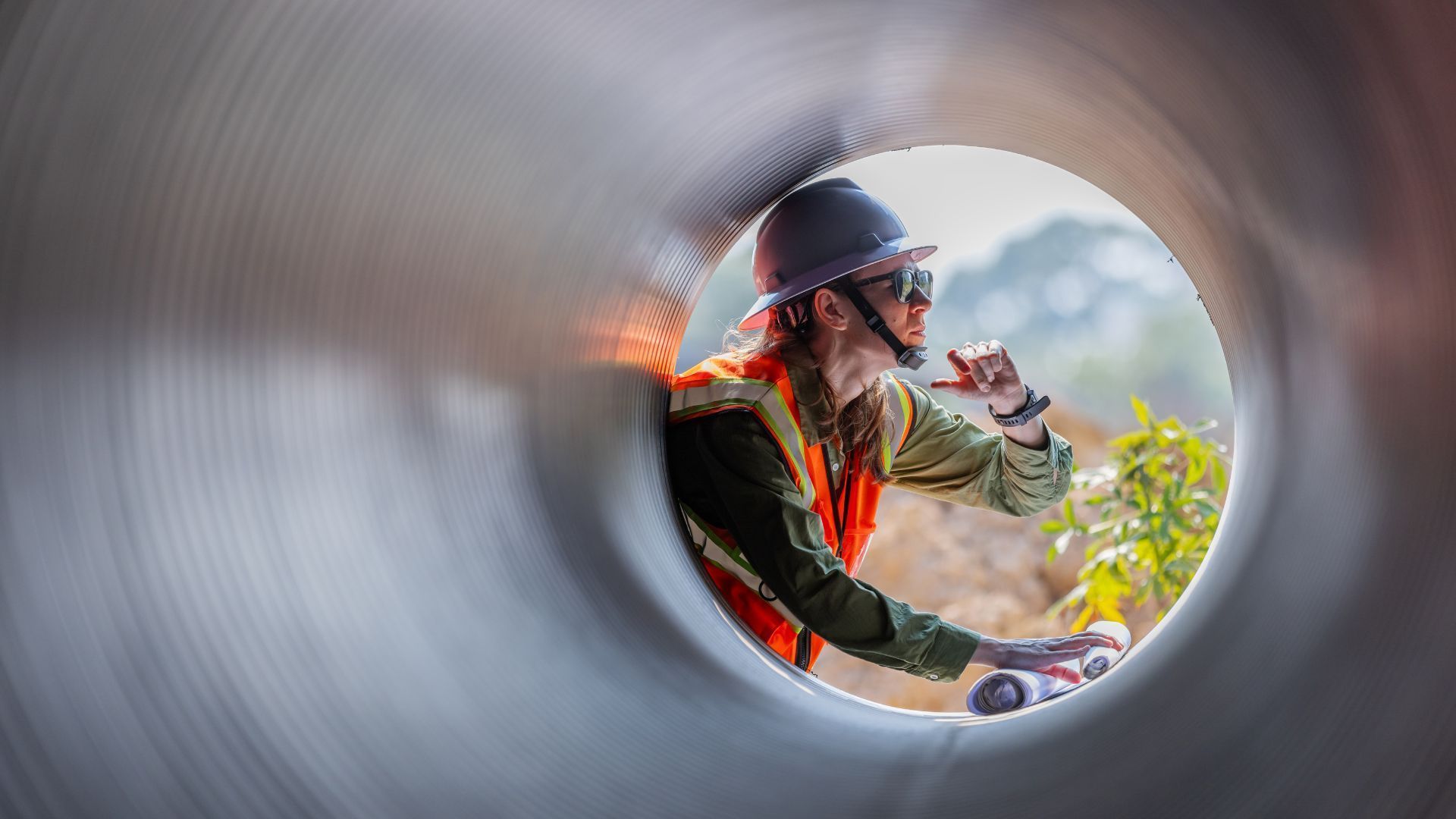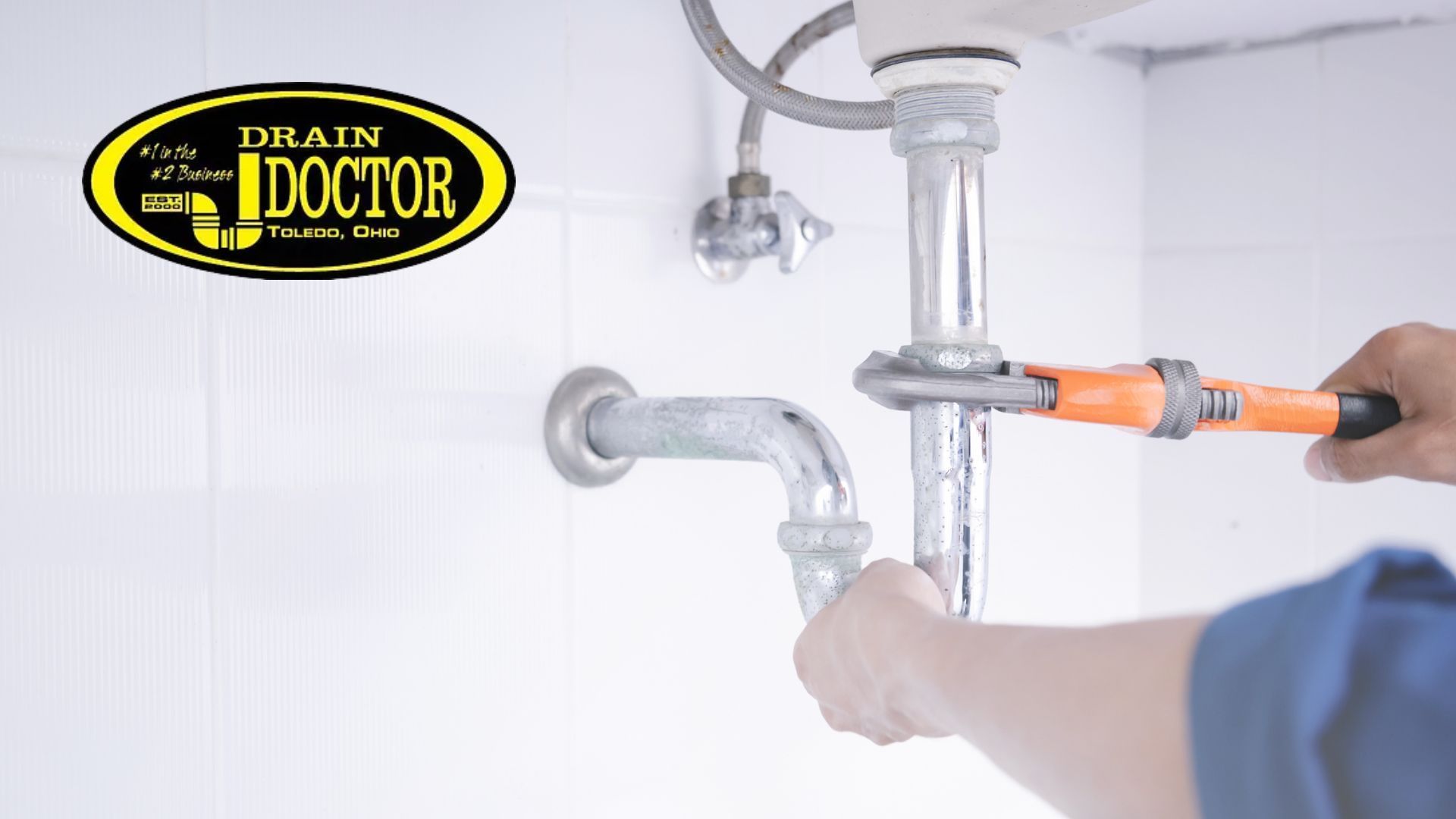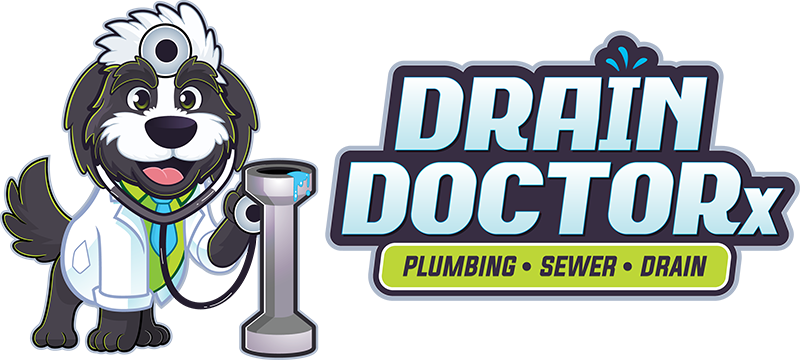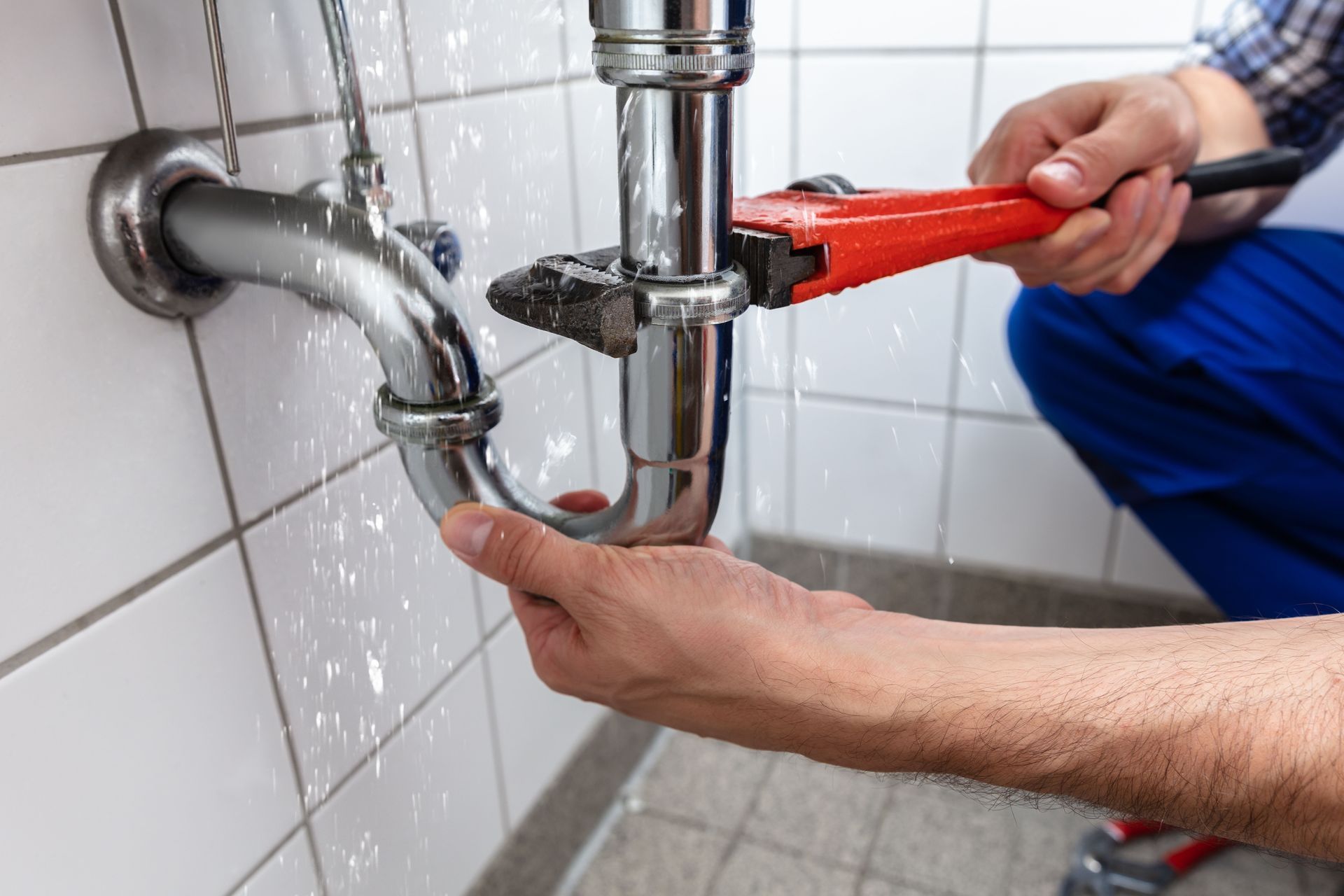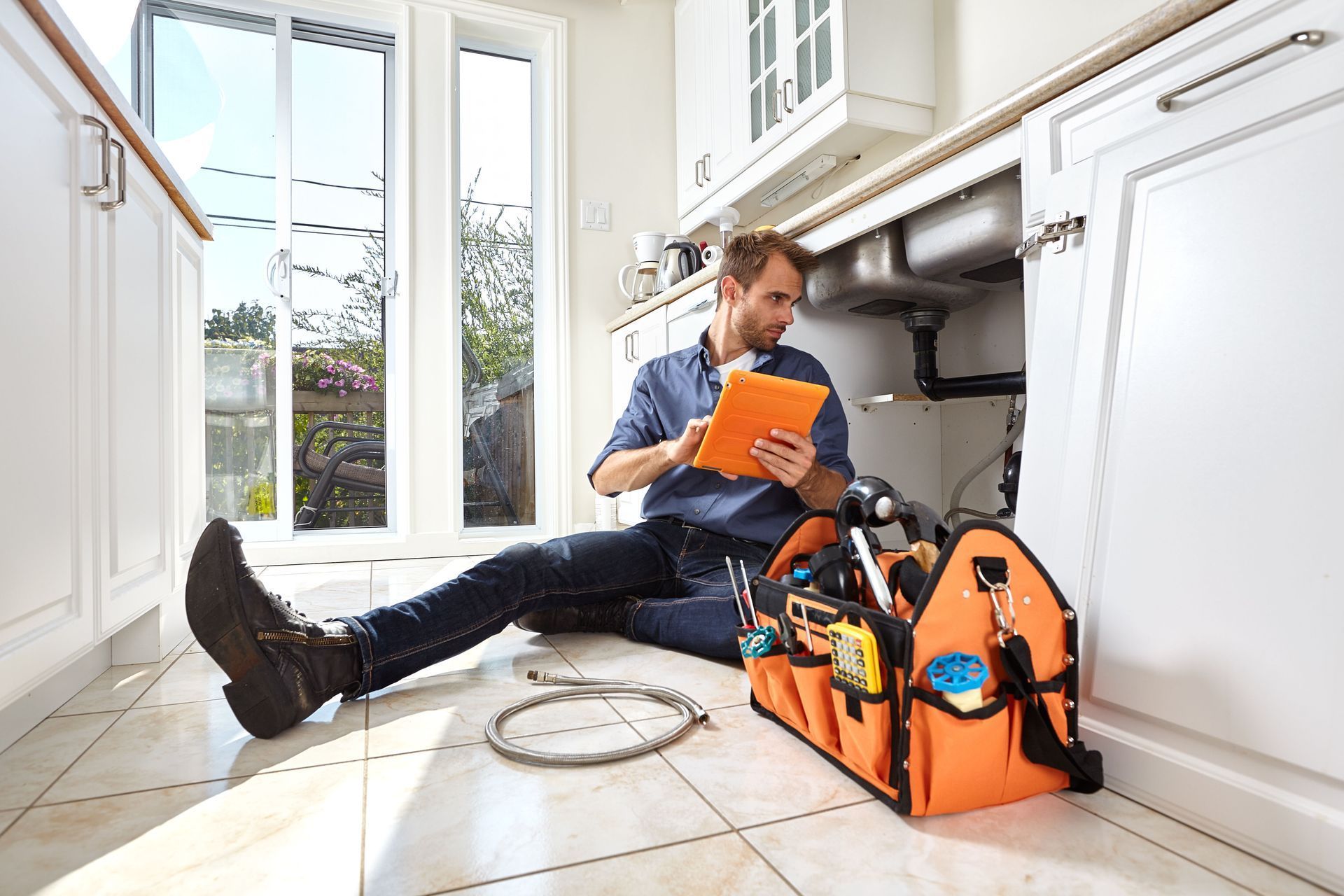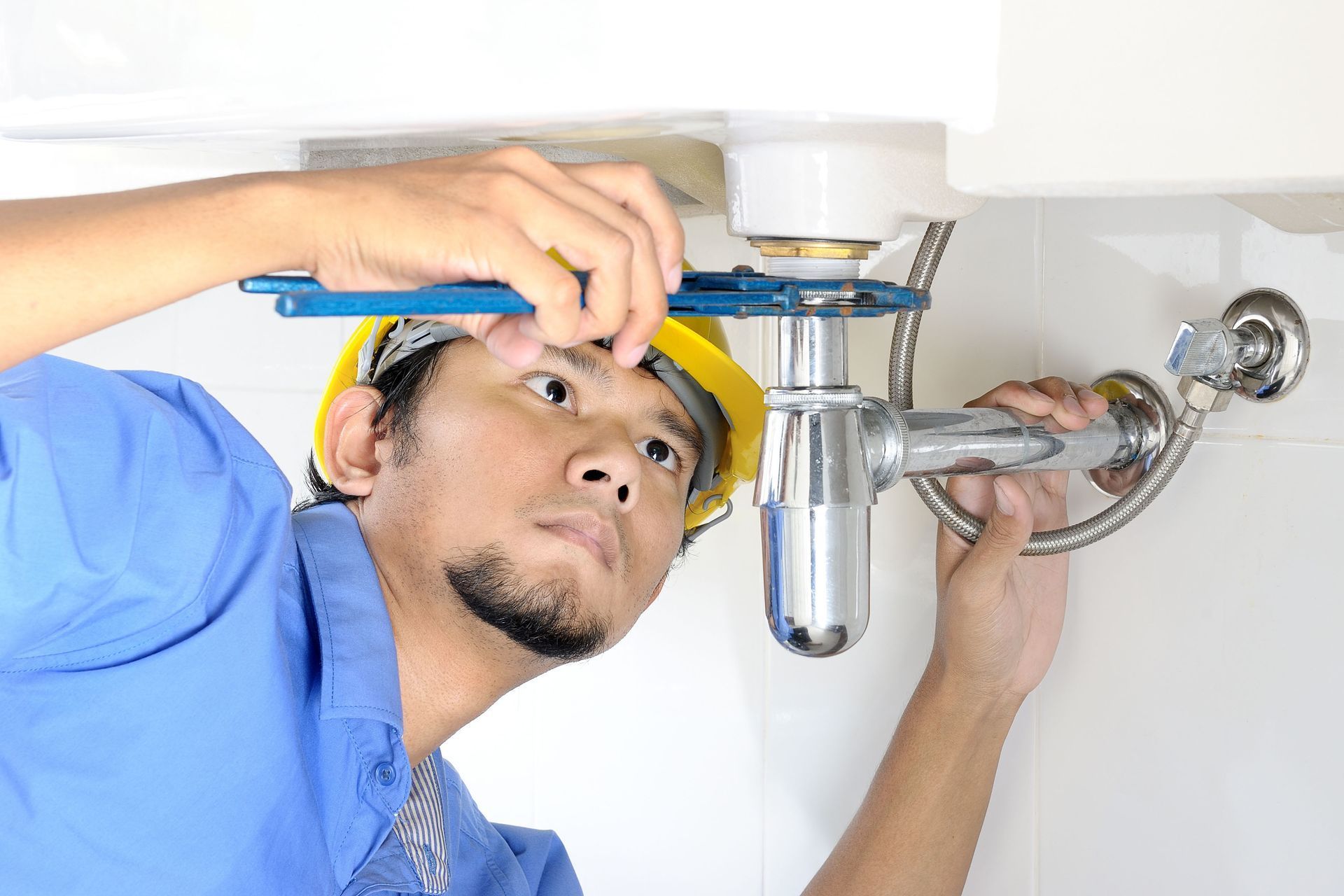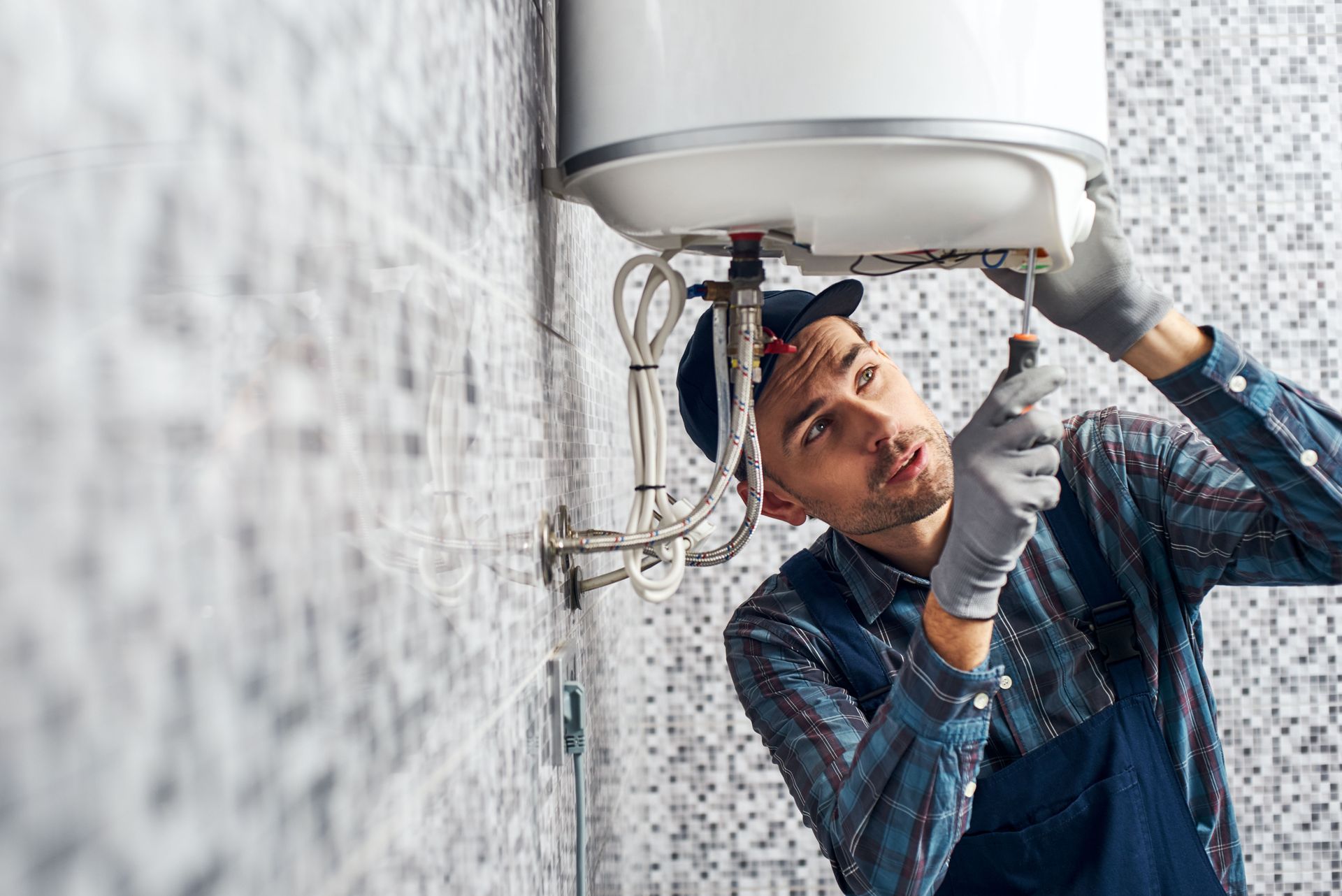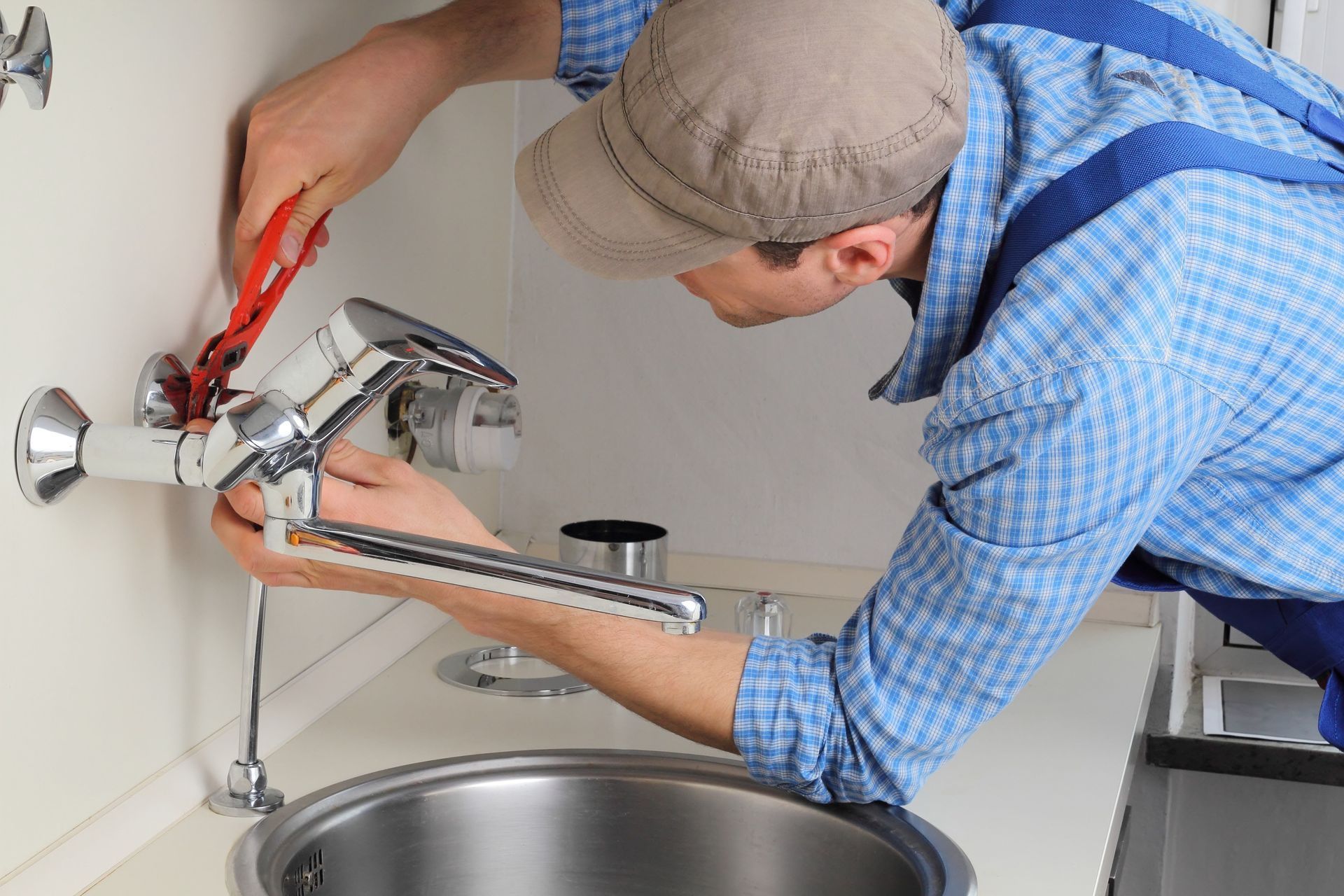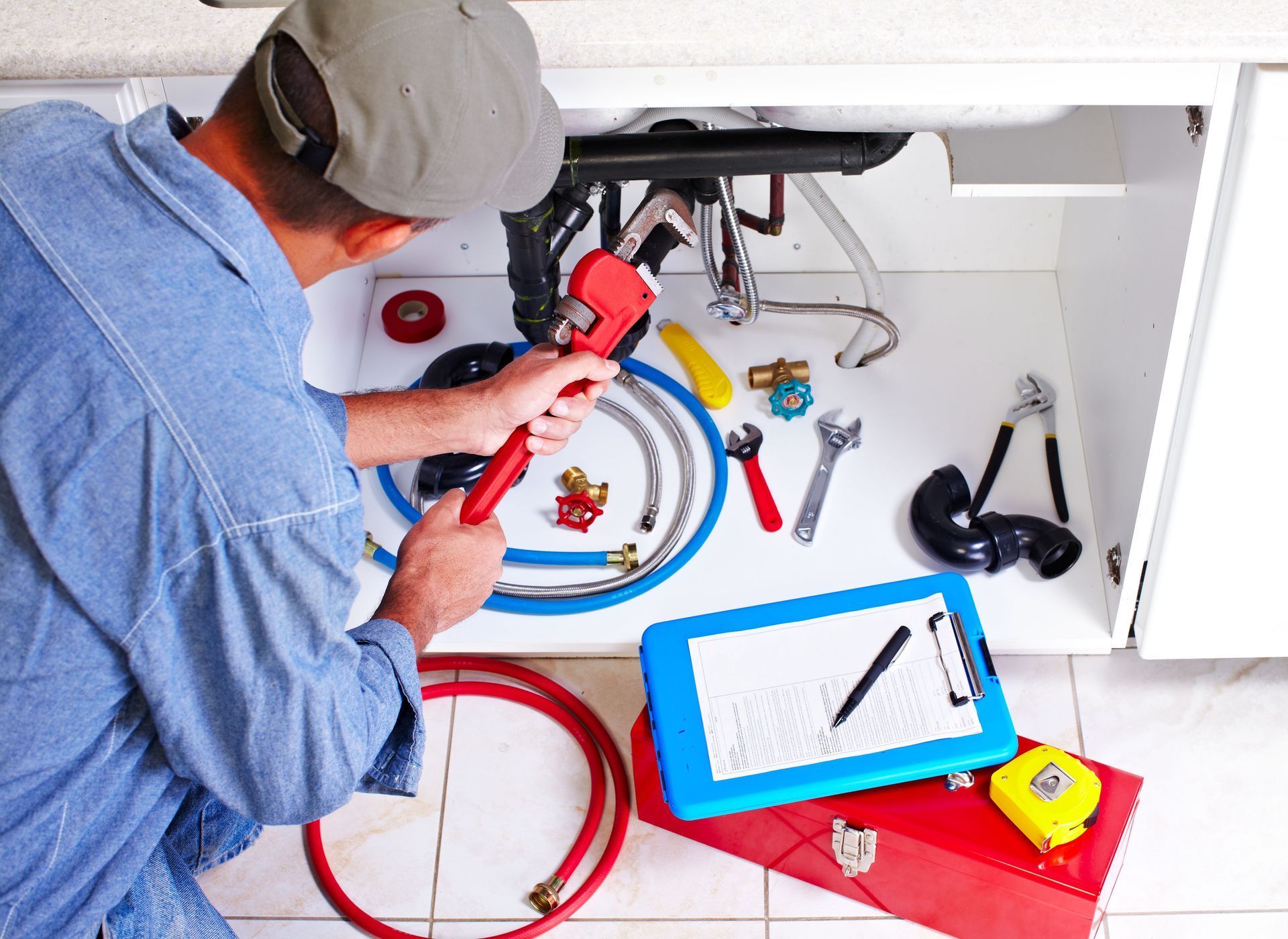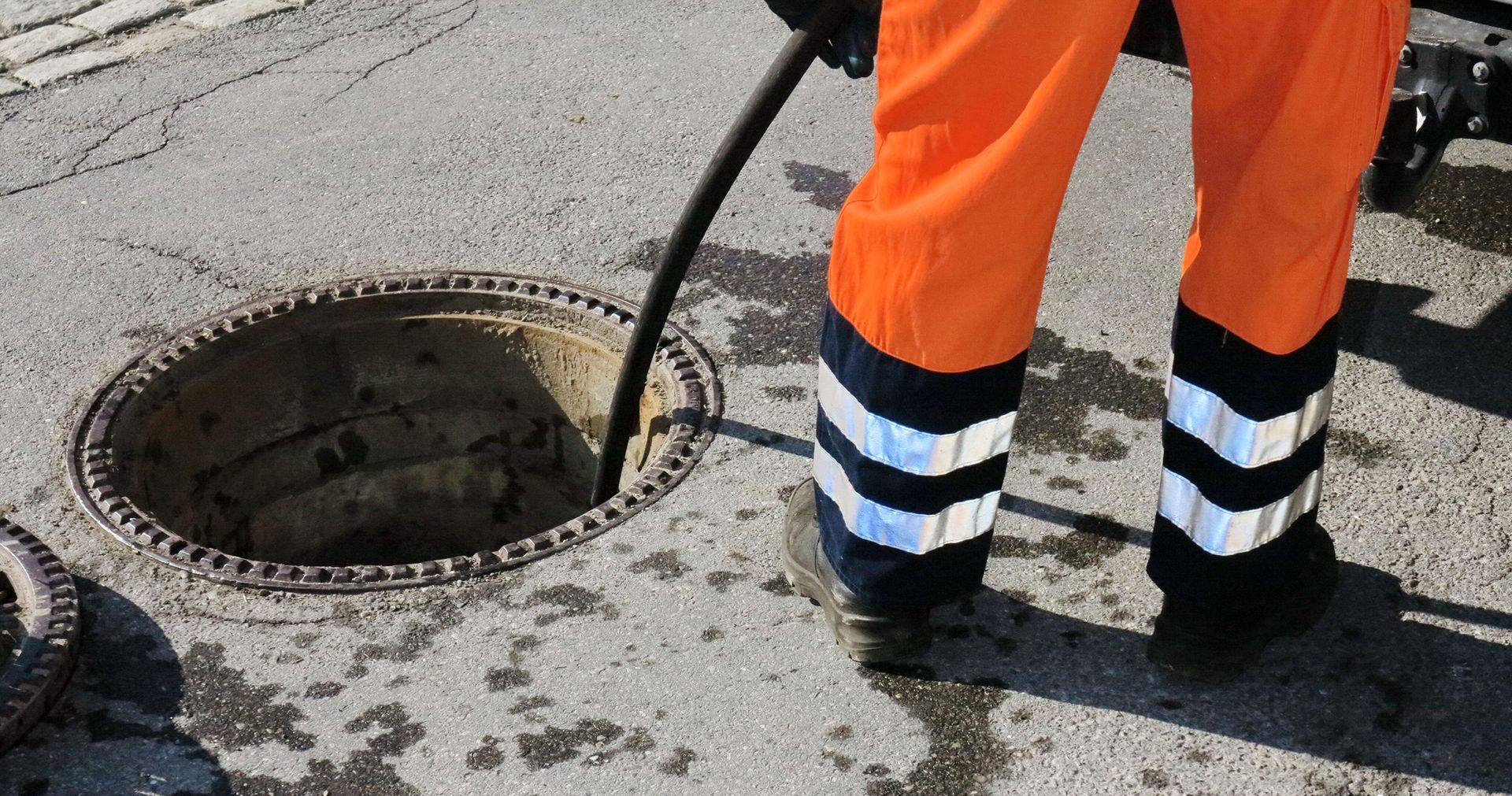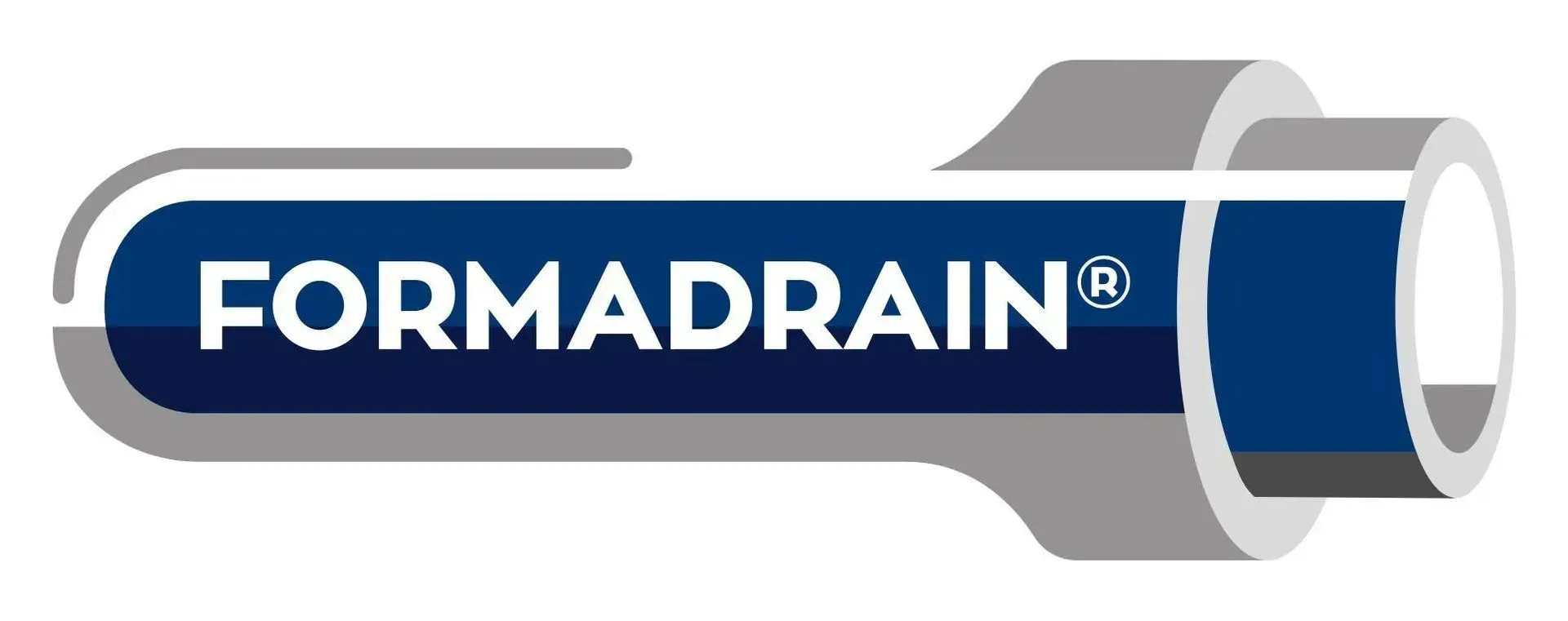What to Expect During a Visit from a Plumbing Contractor
When your plumbing system is giving you trouble, it can be a source of stress and uncertainty. Whether you're facing a leaky faucet, a clogged drain, or a more significant problem, a visit from a plumbing contractor can be the key to restoring order to your home. Understanding what to expect during a plumbing contractor's visit can ease your anxiety and ensure that you are well-prepared to address your plumbing issues effectively. In this blog post, we will explore the key phases of a plumbing contractor's visit and how you can make the most of their expertise.
Initial Assessment and Diagnosis
The first step of any plumbing contractor's visit is an initial assessment and diagnosis of the problem. During this phase, the plumber will typically inspect the affected areas and ask questions to gather more information about the issue. By understanding the history and symptoms of the problem, they can better identify the root cause and decide on the best course of action. You may need to provide details about when the problem started, what solutions have been tried, and any unusual sounds or smells you've noticed. Accurate information helps the plumber determine whether the issue is isolated or part of a larger, systemic plumbing concern.
The first step of any plumbing contractor's visit is an initial assessment and diagnosis of the problem. During this phase, the plumber will typically inspect the affected areas and ask questions to gather more information about the issue. By understanding the history and symptoms of the problem, they can better identify the root cause and decide on the best course of action. You may need to provide details about when the problem started, what solutions have been tried, and any unusual sounds or smells you've noticed. Accurate information helps the plumber determine whether the issue is isolated or part of a larger, systemic plumbing concern.
Discussion of Solutions and Costs
After diagnosing the problem, the plumbing contractor will discuss potential solutions and their associated costs with you. This conversation is crucial as it allows you to make informed decisions about how to proceed. An experienced plumber will provide you with various options, weighing the pros and cons of each, and offering a detailed estimate of the expected expenses. It's a good time to ask any questions you may have to ensure you fully understand the implications of each approach. This step also helps establish trust and transparency, giving you confidence in the contractor’s expertise and ensuring there are no surprises once work begins.
After diagnosing the problem, the plumbing contractor will discuss potential solutions and their associated costs with you. This conversation is crucial as it allows you to make informed decisions about how to proceed. An experienced plumber will provide you with various options, weighing the pros and cons of each, and offering a detailed estimate of the expected expenses. It's a good time to ask any questions you may have to ensure you fully understand the implications of each approach. This step also helps establish trust and transparency, giving you confidence in the contractor’s expertise and ensuring there are no surprises once work begins.
Implementation of Repairs or Replacements
Once you agree on the solution, the plumbing contractor will proceed with the necessary repairs or replacements. This stage includes gathering the needed parts and tools, preparing the work area, and executing the fixes with precision. According to the Environmental Protection Agency, 10% of homes have leaks somewhere in their plumbing that waste more than 90 gallons of water per day. Addressing these leaks promptly is vital not just for your wallet, but for conserving water and preserving the environment. Your plumbing contractor's expertise will ensure that the repairs are conducted efficiently and effectively.
Once you agree on the solution, the plumbing contractor will proceed with the necessary repairs or replacements. This stage includes gathering the needed parts and tools, preparing the work area, and executing the fixes with precision. According to the Environmental Protection Agency, 10% of homes have leaks somewhere in their plumbing that waste more than 90 gallons of water per day. Addressing these leaks promptly is vital not just for your wallet, but for conserving water and preserving the environment. Your plumbing contractor's expertise will ensure that the repairs are conducted efficiently and effectively.
Evaluation and Final Testing
Upon completion of the repairs or installations, the plumbing contractor will conduct a thorough evaluation to certify the work's success. This evaluation includes testing the system to ensure no further issues persist and that everything is functioning correctly. The plumber will look for any signs of weaknesses or potential future problems, addressing them proactively. Final testing instills confidence in the quality of the repairs and gives homeowners peace of mind that their plumbing system is in good working condition. Additionally, the contractor may offer maintenance tips, warranties, or follow-up services to help extend the lifespan of the repairs and prevent future complications. This final step reinforces the contractor’s commitment to long-term customer satisfaction and professional service.
Upon completion of the repairs or installations, the plumbing contractor will conduct a thorough evaluation to certify the work's success. This evaluation includes testing the system to ensure no further issues persist and that everything is functioning correctly. The plumber will look for any signs of weaknesses or potential future problems, addressing them proactively. Final testing instills confidence in the quality of the repairs and gives homeowners peace of mind that their plumbing system is in good working condition. Additionally, the contractor may offer maintenance tips, warranties, or follow-up services to help extend the lifespan of the repairs and prevent future complications. This final step reinforces the contractor’s commitment to long-term customer satisfaction and professional service.
Conclusion of the Visit and Maintenance Advice
As the visit concludes, the plumbing contractor will provide guidance on how to maintain your plumbing system going forward. This advice might include tips on preventing clogs, identifying early signs of wear, and scheduling regular maintenance checks. These insights are invaluable in avoiding future issues and extending the lifespan of your plumbing system. Make sure to keep a record of their recommendations and plan accordingly to stay on top of your home's plumbing needs.
A visit from a
plumbing contractor
can transform a stressful situation into an opportunity for learning and improvement. By familiarizing yourself with the typical process of an assessment, solution discussion, repair implementation, testing, and maintenance advice, you can make the most of the contractor's visit and enhance the efficiency of your home plumbing system. Remember, a proactive approach to plumbing problems not only protects your home but also contributes to water conservation efforts, benefiting both your environment and your pocketbook over the long run. For more information about the services that we offer, reach out to our incredible team at Drain Doctor today!
As the visit concludes, the plumbing contractor will provide guidance on how to maintain your plumbing system going forward. This advice might include tips on preventing clogs, identifying early signs of wear, and scheduling regular maintenance checks. These insights are invaluable in avoiding future issues and extending the lifespan of your plumbing system. Make sure to keep a record of their recommendations and plan accordingly to stay on top of your home's plumbing needs.
A visit from a plumbing contractor can transform a stressful situation into an opportunity for learning and improvement. By familiarizing yourself with the typical process of an assessment, solution discussion, repair implementation, testing, and maintenance advice, you can make the most of the contractor's visit and enhance the efficiency of your home plumbing system. Remember, a proactive approach to plumbing problems not only protects your home but also contributes to water conservation efforts, benefiting both your environment and your pocketbook over the long run. For more information about the services that we offer, reach out to our incredible team at Drain Doctor today!
